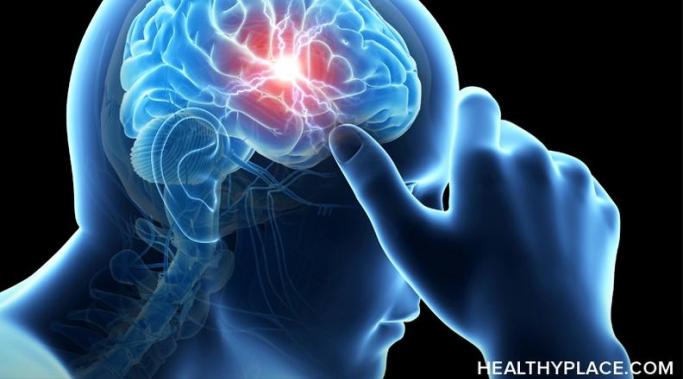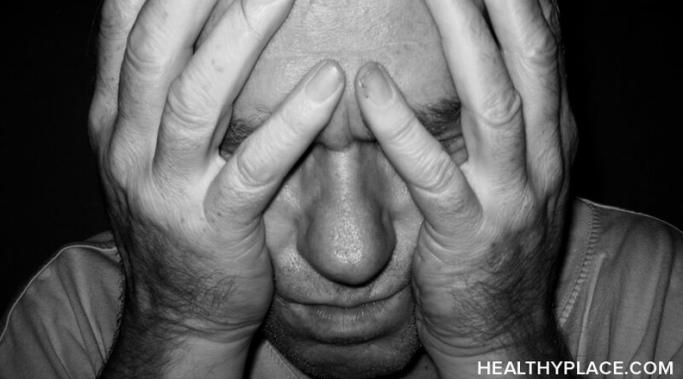Trusting and expressing your opinions as a person with anxiety can be tough. Plummeting self-esteem caused by an anxiety disorder can sometimes lead to us conforming a little more rigidly than we would like to. Growing up, I was too awkwardly self aware to express a single opinion that might have rubbed slightly against the grain. Anxiety robs you of that luxuriant arrogance of youth and continually makes you question the validity of your opinions (Anxiety And Self-Doubt). My problems in trusting and expressing my opinions due to anxiety affect every aspect of my life.
Anxiety Management – Anxiety Schmanxiety
Using visualization exercises to conquer anxiety is a very powerful thing to do. These techniques involve using the imagination to create vivid, realistic images of what you want to achieve—in this case, a life free from life-restricting anxiety. When you make them part of your anxiety treatment routine, you truly can conquer anxiety with visualization exercises.
Generalized anxiety disorder (GAD) often slows you down; and when it does, it can be maddening and stressful. Anxiety can make people feel as though they're tarred and feathered, slowed down from real progress by a thick coat of heavy, gooey tar and coated in anxiety, represented by feathers. When generalized anxiety disorder slows you down, you don't have to give up. You can move forward.
Intense anxiety can seem to take over mind and body, and when you're a highly sensitive person, it can feel crushing. Each of the two states can be obnoxious on its own; combine living with intense anxiety and being a highly sensitive person, and it sometimes seems like there's no place to go where you don't feel wired, hyper-alert, overstimulated, and like a complete wreck (Why Does Anxiety Disorder Make You So Tired?).
You're not a complete wreck. Intense anxiety and being a highly sensitive person can make you feel that way, though.
Nighttime anxiety can make it difficult to get back to sleep. Yawn if you've ever had this problem: it's the middle of the night, and suddenly you find yourself wide awake. Sure, you're tired, but you're wired, too, which makes that much-needed sleep elusive. Anxious thoughts race through your mind, and no matter what you do, they won't slow down, let alone stop. You need sleep. You want sleep. Believe it or not, it's possible to get back to sleep despite nighttime anxiety.
Living with anxiety is frustrating, and it becomes even more so when we find ourselves experiencing heightened anxiety for no reason. We’re living along, using the anxiety management tips we've learned so we're not overwhelmed by stress and anxiety, and making joy in our days. Everything is coming up roses, and we’re enjoying the rose garden.
Then bam! Where there were roses, now there are thorns. Compounding this very unpleasant turn from low stress to heightened anxiety is the fact that it’s mysterious. We shouldn’t be experiencing anxiety, but we are. When you find yourself experiencing heightened anxiety for no reason, you might want to try these four ways to handle it.
School anxiety in parents who don't go to school might seem like an odd concept. Children, adolescents, and young adults, who do go to school can absolutely experience school anxiety and stress. Sure, parents can experience anxiety, and they can worry about their kids. But school anxiety in parents? The writing on the marker board clearly states yes. Parents can have school anxiety, too.
You can help kids and teens manage school anxiety. School anxiety, whether it’s back-to-school or any other time of the school year, can make life miserable for kids of all ages, and it can present numerous challenges for parents and other adults in the life of a school-anxious child or teen. School anxiety and stress can make kids worry, it can make them afraid, and it can make them hurt. School anxiety can interfere with friendships and with school success. As daunting as this can be, there are school anxiety strategies to help kids and teens manage anxiety.
I've learned lessons from my anxiety, and for that I'm grateful. I was surprised when I realized this. After all, anxiety can be challenging to live with. The symptoms of anxiety affect our total being; indeed, anxiety reaches our thoughts, emotions, physical health, and behaviors. Few, if any, people would choose to live with anxiety. Yet what if we stepped back and examined anxiety from a different perspective? Wouldn't it be nice if there were some sort of greater purpose to it, perhaps life lessons to learn from anxiety? When I stepped back to look at my anxiety differently, I realized that there are many lessons I've learned from anxiety.
Kids aren’t the only ones who can benefit from playing in the sand; adults and kids alike can reduce anxiety when they play with sand. Play therapy, which involves many different techniques including sand play, is a legitimate therapeutic approach to treating a multitude of mental health issues.
When people think of play therapy, they often think it’s something for children and issues unique to childhood struggles. While play therapy is used largely with children, it is used with adults, too. And beyond official play therapy, kids and adults benefit greatly when they, on their own and outside of a therapy session, simply play with sand to reduce anxiety.









